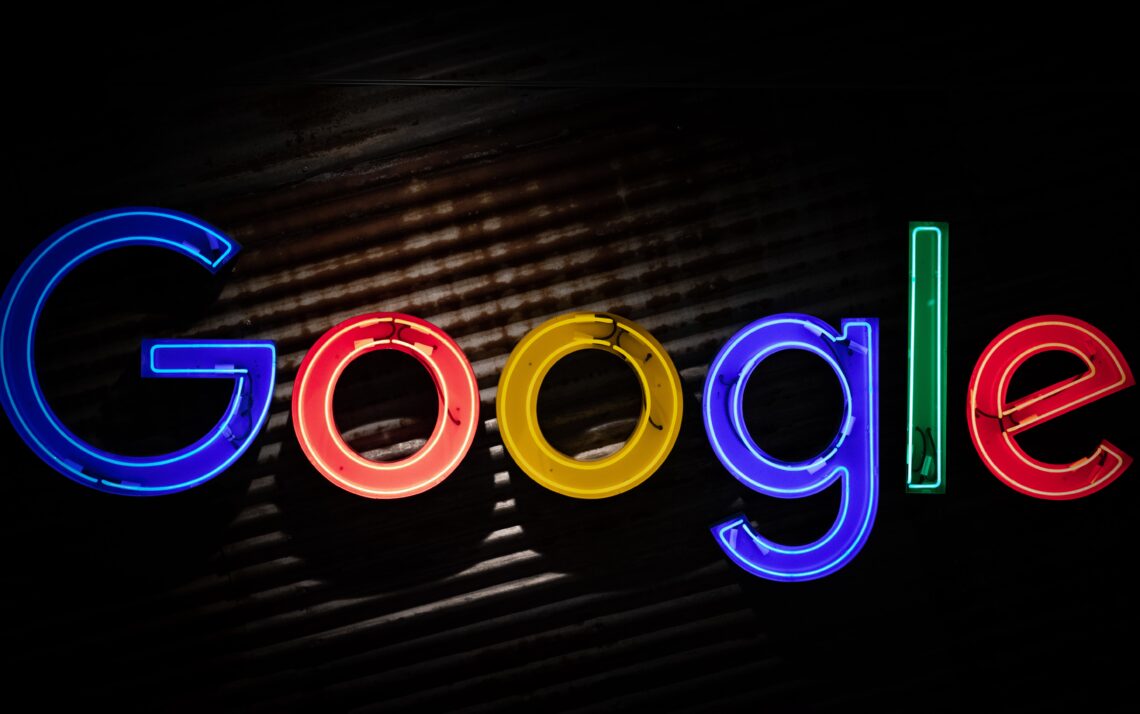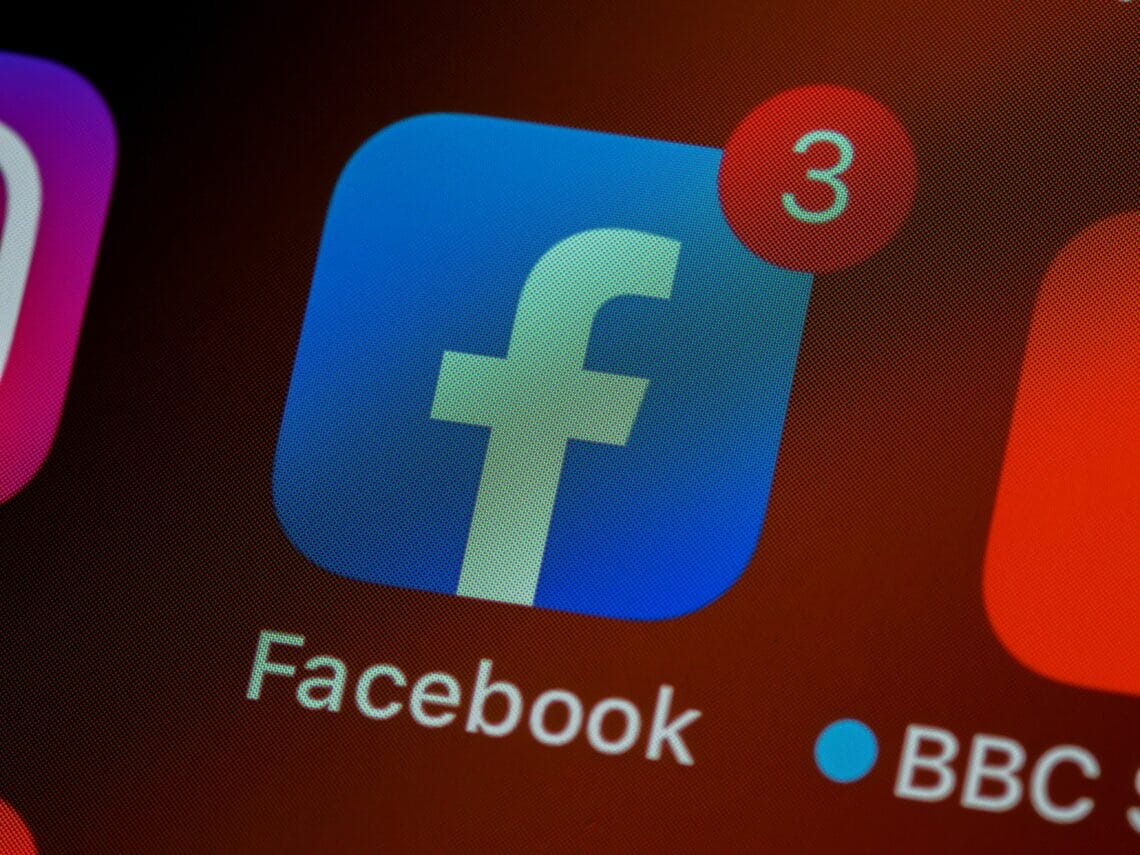In den letzten Jahren hat wohl auch der Letzte das Wort GAFA gehört und weiß sicherlich, was damit gemeint ist.
Dabei wird inzwischen jedem einzelnen GAFA Unternehmen nahezu alles zugetraut, wenn es um die Ausweitung der eigenen Geschäftsfelder zulasten etablierter Player geht. Ob es Banking und Payment, autonomes Fahren, Fernsehen oder vieles mehr ist. Der Grund ist, weil jedes der GAFAs in der Vergangenheit genau diese disruptive Kraft unter Zuhilfenahme von Technologie unter Beweis gestellt hat. Aber ist das in der Vergangenheit Erreichte auch die Sicherheit, in der Zukunft diese Kraft aufrecht zu halten und weitere – neue – Bereiche zu erobern?
Wir müssen gar nicht so lange zurückschauen, um zu sehen, dass auch vermeintliche Giganten binnen kürzester Zeit ihre Relevanz und Bedeutung einbüßen mussten. Einige werden sich noch an eine ihrer ersten E-Mail-Adresse oder Messenger Accounts erinnern. Namen wie AOL oder Yahoo kennt der eine oder andere noch. Innerhalb kürzester Zeit haben diese beiden Giganten des Internets 1.0 ihre Bedeutung und Macht verloren, obwohl sie nahezu unangreifbar schienen. Eigene Probleme, wenig Fokus oder auch die Unterschätzung von Trends haben schnell zur Erodierung des Einflusses geführt.

Etwas Ähnliches kann natürlich auch den heutigen Giganten passieren – zudem mindestens drei weitere Trends negativen Einfluss auf die Zukunft der GAFAs haben könnten:
- Asien und vor allem China erobert die Weltmärkte – war es am Anfang vor allem Hardware, kommt nun auch Software Made in Asia auch im Westen. TikTok ist ein gutes Beispiel und auch die sogenannten Super-Apps wie WeChat oder Ali-express sind auf dem Sprung oder mit ersten Diensten schon angekommen.
- Europa kämpft vor allem politisch um Unabhängigkeit und Souveränität. Der gerade angekündigte digital Markets Act – https://www.spiegel.de/netzwelt/netzpolitik/so-will-die-eu-kommission-die-us-techkonzerne-bremsen-a-9a84fe99-dd09-4144-849b-0b59a07092e8 – hat durchaus das Potential für einen nachhaltigen Wandel, wobei neben der Politik auch die eigenen Dienste entstehen müssen – was vielleicht die größere Challenge darstellt.
- Der Ruf nach Zerschlagung der GAFAs in den USA selber wird lauter – sowohl die alte wie auch die neue kommende Regierung sehen die Macht der GAFAs durchaus nicht mehr nur positiv und machen sich seit einiger Zeit konkrete Gedanken, wie die Macht und der Einfluss der digitalen Plattformen eingeschränkt werden kann. https://www.basicthinking.de/blog/2020/10/07/gafa-zerschlagen/ – https://www.faz.net/aktuell/wirtschaft/eu-und-usa-gegen-monopole-und-macht-der-netz-giganten-17105778.html
Ich denke das natürlich alle zunächst an Facebook denken. Aber warum – ich versuche einen kurzen Blick auf jeden der vier zu werfen.
Irgendwie scheint Google nicht wegzudenken. Aber der Vergleich zu Yahoo liegt natürlich hier am nächsten. Dennoch glaube ich nicht an den Yahoo Moment bei Google, da das Unternehmen zwar viele Fails wie Google+ etc. hatte, aber dennoch so viele Kerngebiete des Webs weiter sehr gut besetzt. Dennoch besteht auch hier die Gefahr der Zerschlagung und auch die europäischen Initiativen richten sich in Teilen klar gegen Googles Macht. Wahrscheinlichkeit für einen Yahoo Moment bei unter 10 %.

Apple
Apple ist für mich weiter vor allem ein Hardware-Anbieter und damit eine andere Kategorie. Zudem besetzt Apple seit einiger Zeit – anders als die anderen GAFA Player – das Thema Privacy in einer “korrekten” Art und Weise. Das lässt Apple in einem anderen Licht erscheinen und die Wahrscheinlichkeit des Yahoo Moments sehe ich bei unter 1 %.
Wie das Team schon richtig beschrieb, ist Facebook wohl der Player mit dem größten Problem. Alle oben genannten Trends treffen Facebook – Asien, Zerschlagung und Europa. Hinzukommt in der Tat die schwindende Relevanz von Facebook selber und das ich die meisten der Facebook Dienste für einfacher Austauschbar halte, als die der anderen Player und wir haben halt schon myspace, StudieVZ und andere kommen und gehen sehen. Die Yahoo-Moment-Wahrscheinlichkeit liegt bei 25 %.
Amazon
Auch hier besteht wohl ein sehr großes Potential der Zerschlagung. Eine Zerschlagung in mindestens zwei Teile. Der eine bestehend aus dem Kerngeschäft der Handelsplattform und der andere Bereich bestehend aus AWS.

Wird Amazon damit aber weniger relevant? Ich denke nicht. Amazon als Plattform hat den Move zu mobile gut geschaffen und ich bin gespannt, ob die Post-Covid-Zeit dennoch einen Wandel im Konsum nach sich zieht und viele Menschen über den Ort des Einkaufs nachdenken. Allerdings hat Amazon die Art und Weise des Einkaufens und die immer wichtigere Convenience auf ein neues Level heben können.
Dabei wird Amazon neben dem Thema Zerschlagung auch die neuen Player aus Asien sehr genau im Blick haben müssen.
Wird Amazon also das neue Yahoo? Die Wahrscheinlichkeit sehe ich bei unter 5 % in den kommenden 10 Jahren.
Ich habe aber zudem das Payment & Banking Team mal wieder nach ihrer Einschätzung gefragt: Was glaubt ihr welches der heutigen GAFAs das größte Fail Potential hat? Und welches einst große Unternehmen aus den 2000ern vermisst ihr?
Kilian Thalhammer
Eine ganz verwegene Aussage – keines. Die GAFA’s sind inzwischen so breit aufgestellt – sowohl im Sinne der Gesellschaften als auch der Produkte und Märkte. Google ist nicht mehr nur Suche, Amazon ist nicht mehr nur Online Shopping. Ich glaube an das “Zerschlagungszenario” – sei es zentral gesteuert – das erste Beispiel sehen wir in China mit dem “5 Minuten vor Schluss abgeblasenen Börsengang von Ant Financial” oder auch aus den Firmen/Konglomeraten selber heraus. ALphabet geht schon in die Richtung. Dann werden sich die Geschäftsmodelle innerhalb der GAFA’s noch mal im Wettbewerb sehen – wer kann ohne der “Macht der Suche” (um mit Google ein Beispiel zu nennen) überleben? – und wer nicht? – Wieviel “Speck” haben die GAFA’s sich angefressen? – Wo ist eine “Roßkur” nötig? – und wo sind z.B. die Synergien zwischen AWS und Amazon? – Würde Amazon Pay am freien Markt nicht besser funktionieren? (PayPal – eBay) Effekt. Ist Apple eine Hardware Company oder eine Softwarebude? – Ist es wirtschaftlich sinnvoll alles selber zu entwickeln? (siehe M1 Chip) – oder entstehen aus Spezialisierungsansätzen höhere Werte und Effizienzen.
Auch aus Shareholdervalue Perspektive gibt es sicherlich Bereich wo 1 + 1 = 3 ist – d.h. wo die Teile mehr Wert sind als das Ganze. Das Ganze ist zu undurchsichtig – und die Sicht von außen ist nicht mehr klar. “Der Mensch” (sei es der Analyst, der Kunde oder der Partner) möchte eine einfache Erklärung bzw. Sichtweise auf die Firmen. Das ist nicht mehr möglich und wir zur “mundgerechten” Zerteilung führen.
Last but not least – Ich glaube, dass wir “mehr und mehr” GAFA’s sehen werden – Microsoft – die Asiaten – die Chinesen. Auch die europäische Hoffnung gebe ich noch nicht auf – vielleicht wird es etwas kleinteiliger – was aber nicht heißt, weniger mächtig.
Jochen Siegert
Wenn ich mir Yahoo anschaue, dann wurden diese durch einen innovativeren Player (Google) mit einem besseren Produkt im Kerngeschäft überholt und haben versucht den Rückgang der Relevanz im Kerngeschäft durch diverse Investments in andere StartUps zu kompensieren. Statt sich dadurch neu zu erfinden haben sie die Investments nie wirklich integriert, dafür die Founder vor den Kopf gestoßen, sodass diese den Konzern verließen. Entsprechend wurden die Investments vom strauchelnden Mutterkonzern mit in die Tiefe gerissen. Der Rest ist Geschichte.
Die Parallelen zu Facebook sind gegeben. Facebook wird im Kernbusiness von anderen Wettbewerbern überholt (z.B. Instagram) und findet keine Antwort darauf. Sie waren sehr smart darin StartUps zu übernehmen (Instagram, WhatsApp, Oculus) haben diese bis heute aber de-facto nicht integriert und selbstredend sind die Founder dieser StartUps schnell wieder in aus dem Konzern ausgeschieden. Während also die anderen GAFAs sich im Laufe der Zeit immer wieder neu erfunden haben, ist Facebook immer noch Facebook.

Aufgrund der Marktmacht werden neue Übernahmen im Stile von WhatsApp und Instagram vermutlich aufsichtsrechtlich nicht mehr erlaubt und Facebook muss nun selbst Innovation treiben und sich neu erfinden, was sie vorher nicht schafften. Auch wenn der Vergleich mit Yahoo hinkt, so hat Facebook die stärkste Tendenz dazu zumindest mit dem Wachstum von Google, Amazon, Apple, Microsoft, Salesforce und Co als US-Westküstenstars nicht mehr mithalten zu können.
Maik Klotz
Facebook. Facebook kann Datenanalyse in Perfektion. Nur ist das kein Produktnutzen, ergo keine Innovation für den Kunden. Seit Beginn ist Facebook mehr oder weniger unverändert. Nun ist Facebook nicht nur Facebook, sondern auch Instagram und WhatsApp, aber auch da wird die Luft dünner. Netzwerke, wie TikTok wachsen schneller als Instagram und auch WhatsApp erlebt viel Wettbewerb. Dazu kommt eine mitunter grenzwertige Geschäftspolitik. Facebook ist auf allen Ebenen langweilig und auch wenn sie nicht eine unglaubliche Masse an NutzerInnen haben, findet die Party außerhalb von Facebook statt. Kurzum, Facebook ist das Yahoo der 2020er.
Miriam Wohlfarth
An eine mittelfristige Zerschlagung glaube ich im Moment nicht. Ich kann mir aber vorstellen, dass sich die Ausrichtung in den nächsten Jahren wandeln wird. Die großen Tech-Unternehmen in USA und Asien sind vor allem deshalb so erfolgreich, weil sie alle extrem große Mengen unterschiedlicher Daten in ihrem Ökosystem haben.
Sie haben eins gemeinsam. Sie bringen diese Daten zu einem Standard zusammen und verwenden diese Daten, um Vorhersagen zu treffen. So können sie schneller evaluieren und bessere kundenorientierte Produkte entwickeln. Diese Produkte machen sie jeden Tag relevanter. Yahoo hat diese Entwicklung irgendwie verschlafen und hat es nicht geschafft sich weiterzuentwickeln.

Die Amerikaner haben die Europäer lange Zeit fast ausgelacht, wie sensibel sie in Bezug auf den Datenschutz sind. Seit bekannt wurde, dass Cambridge Analytica 87 Millionen Facebook-Nutzerdaten gehackt und mit diesen Informationen die Präsidentschaftskampagne 2016 von Donald Trump gespeist hatte, hat sich das geändert.
Seitdem stehen Facebook und Co. unter Beschuss und Marc Zuckerberg musste letztes Jahr eingestehen, dass die Zukunft privat ist.
Mit viel Macht kommt viel Verantwortung und es stellt sich immer mehr die Frage wo das alles hinführt und ob diese Mega Unternehmen richtig geführt sind.
Ob Kartellklagen gegen Technologiemonopole hier hilfreich sind, kann ich nicht wirklich beurteilen.
Mein persönlicher Wunsch wäre es, dass Facebook und Co mit mehr Verantwortung und mehr Ethik in Bezug auf Macht und Profit geführt werden. Wir brauchen offene und integrative Plattformen, bei denen die Menschen die Hoheit über Ihre Daten haben. In Europa haben wir mit der DSGVO und der PSD2 sehr gute Rahmenbedingungen geschaffen. Sie könnten es Europa in der aktuellen Privacydebatte ermöglichen, in Bezug auf Datenschutz und Datennutzung wieder führender zu werden. Was wir brauchen ist ein europäischer Standard um Unternehmen wieder wettbewerbsfähig machen und in die Lage versetzen, ihre Daten zu teilen und ihnen so die Möglichkeit geben, bessere und relevantere Produkte zu entwickeln.
 7 Min
7 Min



